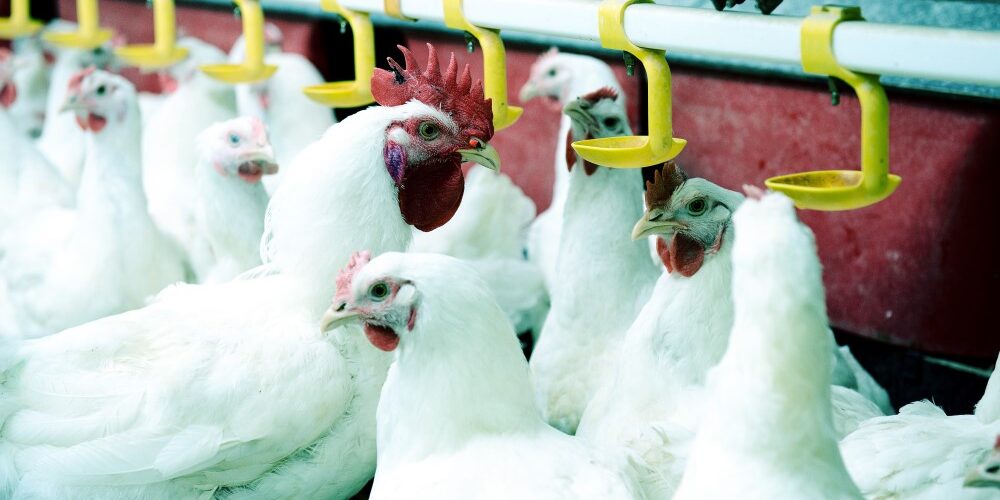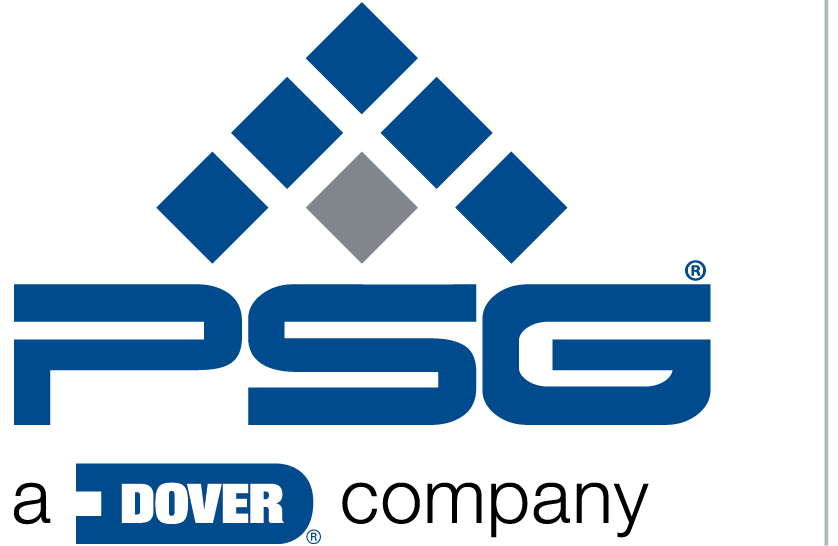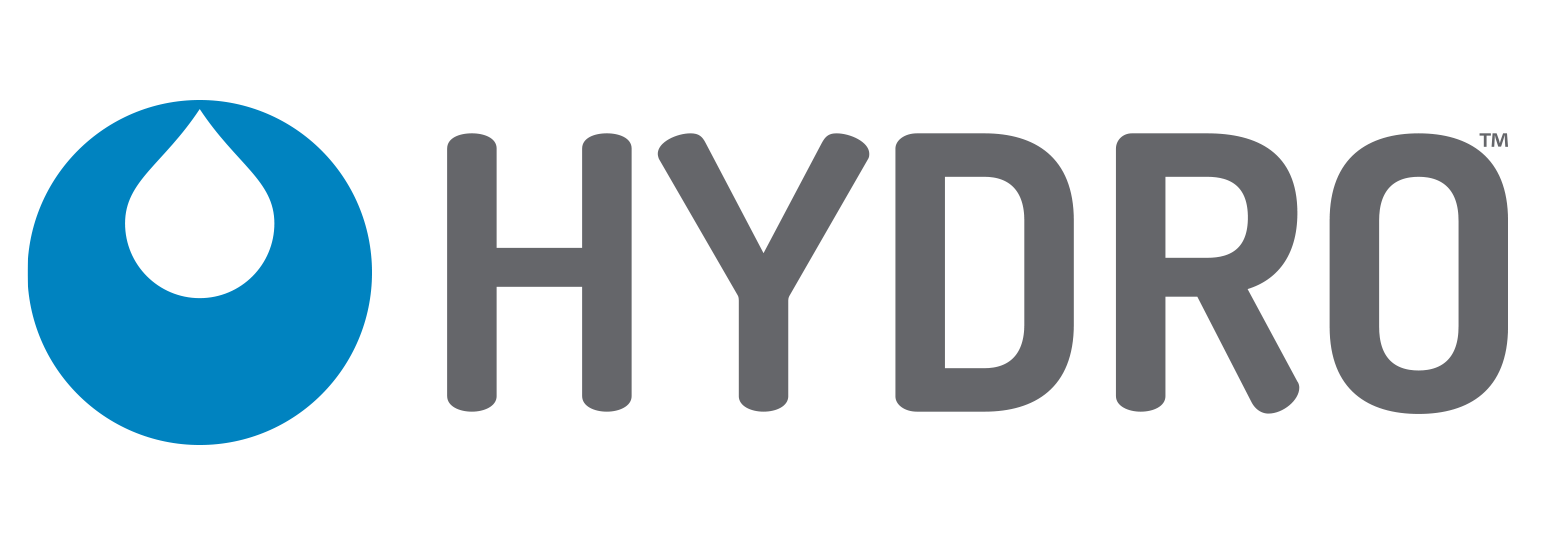Enhancing Food Safety on the Farm

By: Scott Campbell, Global Product Manager, Hydro Systems
An outbreak on a farm can happen in an instant, affecting the agricultural supply chain and millions of consumers. Over the last several years, food recalls across the U.S. have grown by 10%. With an increasingly global and complex food supply chain where products travel on average nearly 1,500 miles from farm to table, it’s safe to say food safety starts at the farm.
With new regulations now limiting the use of antibiotics on farms, farmers must seek out alternative ways to treat livestock and prevent disease. According to the World Health Organization (WHO), improving hygiene practices in the food and agricultural sectors can help reduce the emergence and spread of antimicrobial resistance along the food chain and in the environment.
To keep up with consumer demand and enhance food safety at all levels, it’s essential for farms to utilize the right equipment and implement biosecurity measures.
Clean Farming
Properly maintaining animal health results in fewer treatments and outbreaks, helping lower the chances of costly recalls, audits and other food safety incidents that can damage a brand’s reputation. To improve hygiene around the farm, consider the following:
- Map out the area. By developing a perimeter buffer area (PBA) with controlled access points, as well as a line of separation (LOS), farms can help prevent new pathogens from entering the premises. At these points, farms should have equipment, such as portable sprayers and foamers, to wash shoes and car tires before crossing the LOS. There should also be areas to wash hands, change clothing and disinfect personal items like cell phones.
- Develop and stick to cleaning cycles. From cleaning light bulbs to air inlets, each area within a barn should be frequently cleaned between growth cycles to maintain animal health. When cleaning equipment, make sure to use a foam detergent and leave it on surfaces for the specified dwell time before rinsing it thoroughly. For cleaning floors and walls, remove any excess materials and use high-pressure water before applying disinfectants.
- Treat both water and water lines. Water coming from wells or ponds is known to have harmful bacteria. Treating the water with chlorine dioxide or sodium hypochlorite is a common way to improve the quality of water prior to being consumed by animals. Harmful microorganisms known as biofilms can quickly build up in the water lines that allow animals to hydrate and receive medication and essential nutrients. This can attract diseases like E. Coli, so it’s important to sanitize and de-scale water lines regularly.
Biosecurity Essentials
To keep all areas of the farm sanitary, install reliable equipment like dispensers and water-driven pumps. Dispensers and pumps can help de-scale water lines and kill harmful algae. Not all farms have access to clean water, which is why it’s important to utilize pumps that treat and clean water while also administering vitamins, electrolytes, organic acids, medications and vaccines.
There are several different types of dispensers that prove useful on the farm and make it easy to dilute chemicals and enhance productivity with each use. To meet various biosecurity needs, consider a dispenser and water-driven pump that is compatible with organic acids and other highly aggressive chemicals, such as Hydro Systems’ AquaBlend Xtreme.
If farms experience fluctuations in water pressure and temperature, it’s important to have a pump in place that regulates these factors. Seek out units that feature enhanced longevity, reliability, tool-free maintenance and a large injection range.
Safe Farm, Safe Food
Even farms with biosecurity practices in place can make small changes that result in big improvements. There are numerous ways to prevent disease on the farm and enhance food safety for all. To learn more, check out our free white paper, “Food Safety Starts at the Farm: How Dispensers can Help” here.

Customer Service and Technical Support
Call 1-800-543-7184 Monday-Friday 8am - 5pm EST











